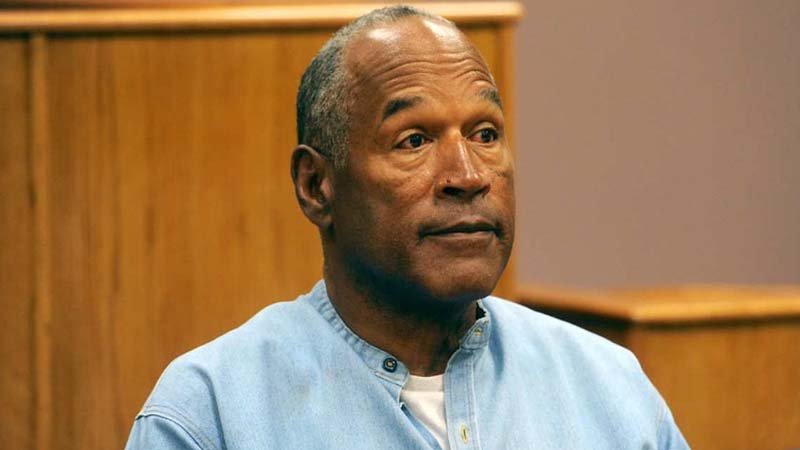
(Cover Image Source: Getty Images | Photo by Jason Bean-Pool)
The world closely followed the infamous 1995 murder trial of NFL legend Orenthal James (O.J.) Simpson, who stood accused of killing his ex-wife Nicole Brown Simpson and her friend Ron Goldman in 1994. Dubbed “the trial of the century,” the case gripped America with its blend of celebrity, violence, and racial tensions.
On June 12, 1994, Nicole Brown and Ron Goldman were brutally stabbed outside her Los Angeles home. Due to Simpson’s history of domestic abuse, he became the prime suspect. Despite strong evidence, including items retrieved from his home, Simpson pleaded not guilty.
As the jury deliberated, Simpson reportedly shared a haunting message with his agent, Mike Gilbert. According to The Hollywood Reporter, moments before the not-guilty verdict, Simpson said, “If it’s guilty, I never want to see you guys again. Don’t come to see me in prison, because your lives are going to be changing; my life will be the same.” This statement reflected his dread of a life behind bars while his friends moved on.
The jury took less than four hours to reach a decision but delayed the announcement until the next day. Ultimately, Simpson was acquitted of the double murder, a verdict seen as a significant moment for the African-American community amid broader conversations about racial inequality in the U.S.
However, Simpson’s legal troubles did not end there. In 1996, the families of the victims filed a civil lawsuit against him. He was found liable for the wrongful deaths and ordered to pay $33.5 million in damages. To this day, most of that amount remains unpaid, according to the Irish Star.
Simpson’s life spiraled further in 2007 when he was convicted of armed robbery and kidnapping after holding two sports memorabilia dealers at gunpoint in a Las Vegas hotel. Sentenced to 33 years, he served nine before being released on parole.
In 2023, Simpson revealed his battle with prostate cancer, undergoing chemotherapy for a year. On April 10, 2024, the football icon, known as “The Juice,” passed away at the age of 76. Simpson’s legacy remains a complex and polarizing chapter in American history, marked by his achievements in football, his role in a trial that divided a nation, and the controversies that followed him to the end.


